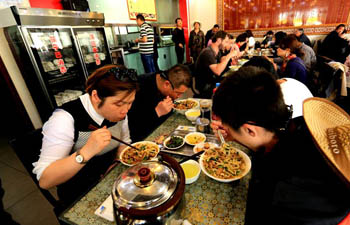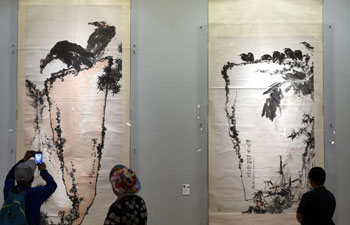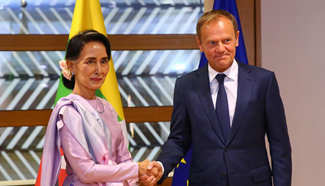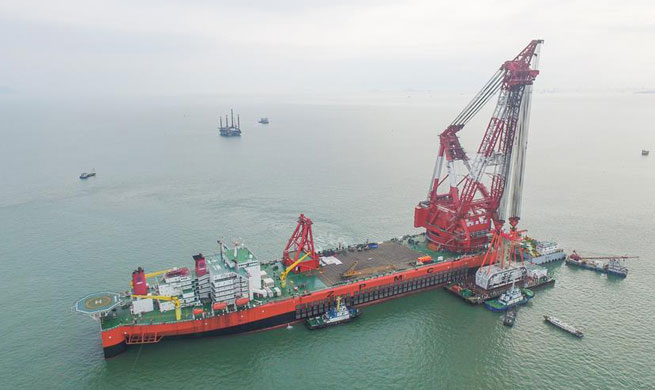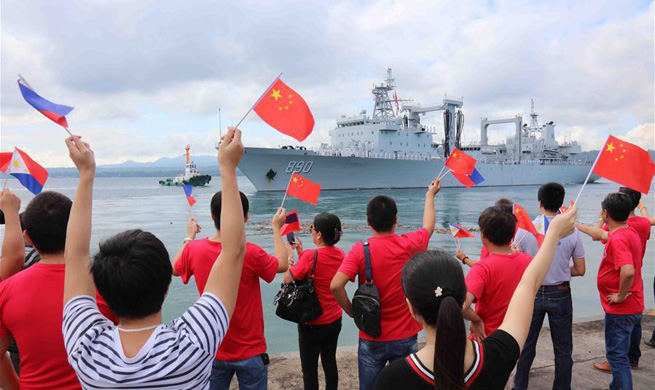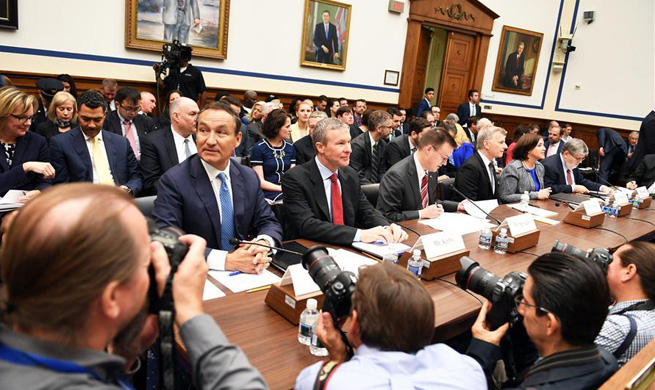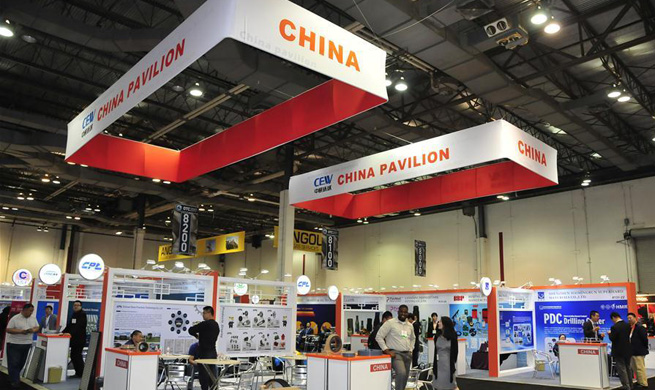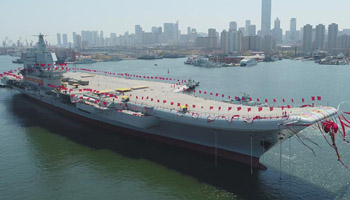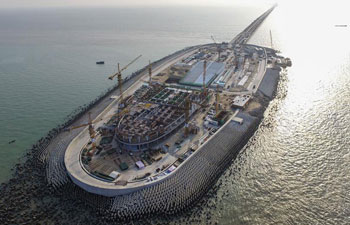BY Will Koulouris
SYDNEY, May 3 (Xinhua) -- The Belt and Road Initiative (B&RI) will help China fully integrate with the greater economy and provide triple benefit to participating countries, said Vina Cheung, global head of RMB Internationalization at HSBC.
Cheung told Xinhua via telephone from her offices in Hong Kong recently that the integration would occur in three key ways: physically, financially, and policy wise.
"There is the physical, which is the infrastructure. The financial in terms of lending and capital raising, and policy cooperation between the countries along the Belt and Road."
The initiative is one of the most ambitious projects ever undertaken by China, or any other nation, and aims to build a trade and infrastructure network connecting Asia with Europe and Africa along the ancient Silk Road trade routes.
The benefits that are brought by the infrastructure development are immense, said Cheung, adding that developing countries along the routes will experience tremendous gains as the initiative provides greater incentive to urbanize.
"The urbanisation of the population in the developing countries along the Belt and Road Initiative, with the objective of better connecting the infrastructure not only with China, but between all these nations, will be of huge benefit," Cheung said.
"The improved infrastructure in these countries will help them to move more people into these urban areas, or tier one cities, which will help their domestic economic development."
Cheung said that from a financial market standpoint, not only will organisations such as the AIIB (Asian Infrastructure Investment Bank) be involved, but also the access to the private sector will allow for these nations to strengthen their domestic financial markets.
"The financing activity will help some of these countries along the Belt and Road Initiative to develop their capital market, and raising funds not only through the use of the Chinese Renminbi (RMB), but also developing their local currency and foreign market."
The third direct benefit comes in the form of policy, which Cheung said will see the Belt and Road Initiative serve as a catalyst for not only driving the trade flows between the countries, but also standardising policy aspects like customs and taxation, in order to facilitate, and improve regional trade and cooperation.
The use of the RMB in the financial aspect of the Belt and Road Initiative will also provide for further impetus for the internationalisation of the Chinese currency, which Cheung said is already currently the sixth global payment currency, and the fifth most traded on the foreign exchange markets.
"That underpins that it is a very much needed currency option in the global monetary system, and we are definitely looking to further internationalise the RMB," Cheung said.
The China Interbank Payment System, known as CIPS, will also help this internationalisation as it will improve the corporate payment experience and make it even easier to facilitate payments, especially within the construct of the Belt and Road Initiative, Cheung said.
Speaking at a forum in Sydney late last week, Governor of the Reserve Bank of Australia, Philip Lowe said that China, as one of the world's largest economies and one that "continues to grow in relative importance" should maintain these goals.
"It is understandable that China wishes to see the RMB take its place as one of the world's truly global currencies. There are some clear advantages of being in this position. Chinese Mainland's financial markets will be deeper and more liquid, lowering the cost of finance to business," Lowe said.
Lowe explained that the use of offshore centers has allowed for trade transactions to be facilitated between Australia and China, as they provide a link to the mainland and markets around the globe.
"Importantly, market participants should have the confidence to use the RMB freely within these centres, as many of these centres have RMB swap facilities with the People's Bank of China (PBC)," Lowe said.
Cheung who also attended the event, said that in terms of Australia the use of the RMB is critical for the mutual benefit of the trading relationship between China and Australia, with those who currently engage in the practice have already been reaping the rewards.
"We see a very strong financial benefit for both sides of the relationship. We have been talking about a direct trade between the Australian dollar to the RMB, and the trades that currently occur already demonstrate the benefits for those who do settle in RMB," Cheung said.
In the immediate future, Cheung holds a positive outlook for China, the B&RI, and the further internationalisation of the RMB.
"We are seeing more positive outcomes from a policy perspective from China, and the Belt and Road Intiative will further support the global need for the RMB to be international. I think that 2017 will definitely be a turning point for the RMB," she added.






